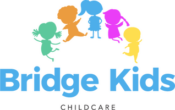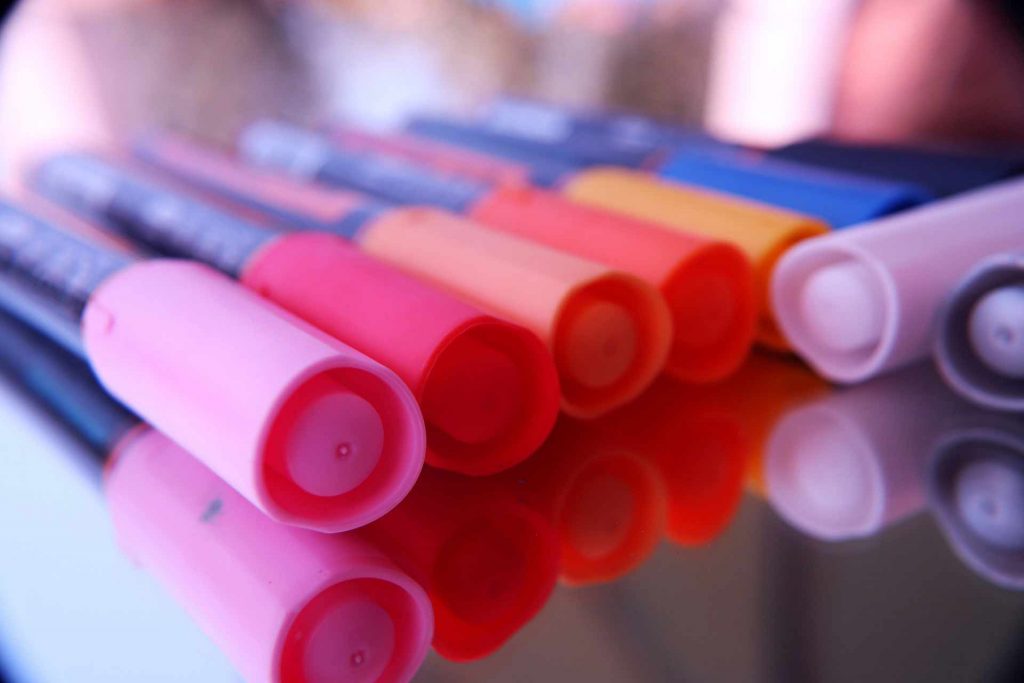
20 Hours ECE For New Zealand Children
Early childhood education (ECE) is a well-established and highly important part of the education system in New Zealand. Early childhood education is available to all children aged between 3 and 5 years old, with some centres catering for children as young as 6 months. The government plays a significant role in ensuring that early childhood education is accessible, affordable and of a high quality. In fact, the government funds over 80% of all early childhood education centres in the country.
Early childhood education centres located in New Zealand are required to follow the Te Whāriki curriculum, which is a holistic, child-centred approach to learning. The Te Whāriki curriculum focuses on developing children’s social, emotional, physical, and cognitive development. It works to encourage them to learn through play, exploration, and inquiry.
In New Zealand, ECE teachers are required to be qualified and registered with the Education Council. They work closely with parents and whānau (extended family) to create a supportive and inclusive learning environment for children. Overall, early childhood education in New Zealand is highly valued and seen as an important foundation for future learning and success.
What is the 20 Hours ECE Subsidy?
The 20 Hours ECE program is a government subsidy that provides free early childhood education for up to 20 hours a week for 3 – 4 year olds in New Zealand.
The 20 Hours ECE subsidy is designed to make early childhood education more affordable for families. Eligible children can receive up to 20 hours of free or heavily subsidized early childhood education per week, for up to 48 weeks a year. This means that parents can access quality early childhood education for their children without having to pay the full cost.
Eligibility for the 20 Hours ECE Subsidy
When considering your 20 Hours ECE eligibility, it is always a good idea to check the government website for the most current situation. As of 2023 in order to fulfill the 20 hours ECE eligibility requirements your child must be aged between 2 and 5 years old and attending an approved early childhood education service. There are also income and residency requirements that must be met. For example, you must be a New Zealand citizen or permanent resident and meet certain income thresholds to qualify for the subsidy.
More information about the subsidy can be found through the government official website and should be checked if any changes should occur.
20 Hours ECE Funding Rates
How to Apply for the 20 Hours ECE Subsidy
To apply for the 20 hrs ECE subsidy, you will need to fill out an application form and provide proof of your child’s age and residency status. You will also need to choose from the list of approved early childhood education services for your child to attend. The service provider will help you complete the application process and determine your eligibility for the subsidy.
All of the details for this can be found on the official government Work and Income website.
How do you get 20 hours ECE for 2 year olds?
Benefits of the 20 Hours ECE Subsidy
Why ECE Important?
Early childhood education plays a crucial role in promoting the social development, skills acquisition, and emotional understanding for young children. During their early years of life children are rapidly developing all sorts of skills including their social skills and ECE provides an ideal environment for them to learn and practice those skills.
In ECE settings, children have the opportunity to interact with other children, learn to share, take turns, and develop friendships. They also learn to communicate their needs, express their feelings, and develop empathy towards others. These social skills not only enhance children’s emotional well-being but also help them succeed in school and later in life. Research has shown that children who have participated in quality ECE programs have better social skills, higher self-esteem, and are more likely to graduate from high school and attend university.
Play is essential for the development of young children as it helps them build cognitive, physical, social and emotional skills. Through play, children can explore, experiment and discover their surroundings, which enhances their problem-solving skills, creativity and imagination. They also learn to develop physical skills such as coordination, balance and strength through movement and physical play. Play also helps children develop social skills, such as communication, cooperation, and empathy, by interacting with others and learning to navigate social situations. Furthermore, play is an excellent way for children to express their emotions, build resilience and manage stress. Overall, play is a critical aspect of childhood development that fosters growth and learning in multiple domains.
Take Advantage of the 20 hours ECE, NZ Families Are Eligible
How Should I Go About Finding A Childcare to Use My 20 Hours ECE?
Finding the right early childhood education day care for your child can be a huge task, but with some research and careful consideration, you can find a day care that meets your child’s needs and your family’s preferences.
- – Start with research: we’re glad you have found us and we’d love to tell you more
- – Visit Us: our families are more than welcome to make an appointment and come down to the centre and have a look around, nothing quite beats seeing a place with your own eyes.
- – Ask Questions: we’re always happy to answer whatever questions you have.
- – Check Accreditations: we’re proud of our staff and their achievements and our centre meets all required accreditations
- – Get To Know Us: you’ve started by finding our site and having a read, we would love to get to know you more – and let you get to know us better when you come to talk to us.

